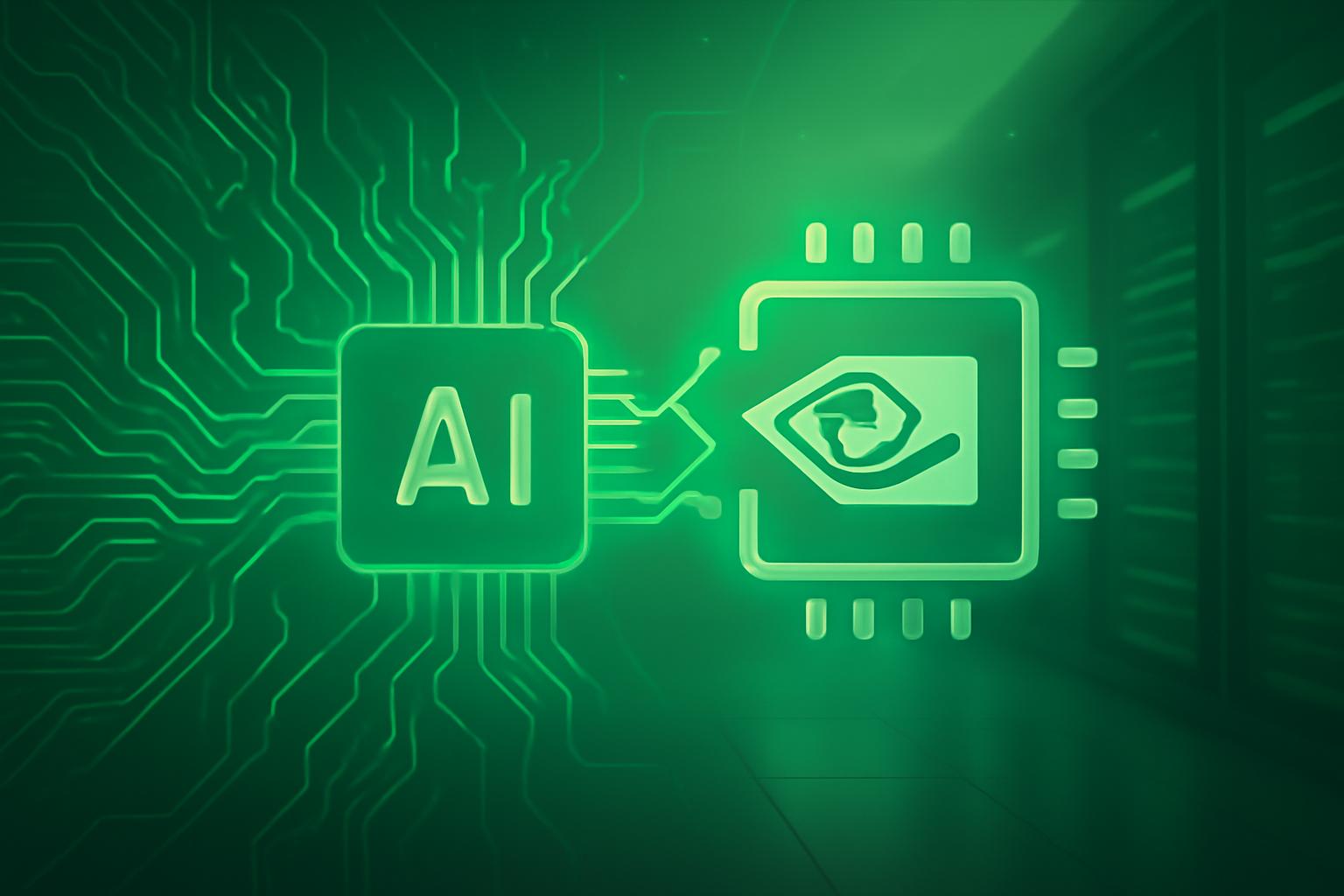Nvidia Invests $5 Billion in Intel to Jointly Develop AI Hardware
Nvidia has agreed to acquire a $5 billion stake in Intel, purchasing shares at $23.28 each, slightly below Intel’s recent trading price. This transaction will position Nvidia as one of Intel’s largest shareholders, controlling roughly 4% of the company. Following the announcement, Intel’s stock surged up to 30% in early trading.
Strategic Collaboration on AI-Optimized Chips
Under this partnership, the two semiconductor giants plan to co-develop several future generations of processors tailored for data center and consumer PC markets. A key technical integration will involve Nvidia’s NVLink interface, which facilitates high-speed data and control code transfers between CPUs and GPUs. NVLink offers significantly faster inter-chip communication compared to standards like PCI Express, a critical advantage for AI workloads that demand coordinated operation of multiple GPUs.
For data centers, Intel will manufacture a new class of x86 CPUs customized specifically for Nvidia’s AI infrastructure platforms. These processors will be targeted at enterprise and hyperscale customers, aiming to enhance AI computing capabilities.
In the consumer segment, Intel plans to produce x86 system-on-chips (SoCs) that incorporate Nvidia’s RTX GPU chiplets. Referred to as “x86 RTX SoCs,” these hybrid chips are expected to power a broad range of PCs, potentially giving Intel an edge over competitors such as AMD.
Context: Intel’s Recent Challenges and Nvidia’s Growth
This agreement follows a difficult period for Intel, which has struggled to capitalize on the AI chip market unlike Nvidia. Intel has recently undergone significant restructuring, including leadership changes, workforce reductions, and a strategic shift toward tighter financial discipline. Meanwhile, Nvidia has delivered record financial results, becoming the most valuable semiconductor company globally by market capitalization.
Intel’s CEO Lip-Bu Tan emphasized the complementary nature of the partnership: “Intel’s leading data center and client computing platforms, combined with our process technology, manufacturing and advanced packaging capabilities, will complement NVIDIA’s AI and accelerated computing leadership to enable new breakthroughs for the industry.”
The collaboration is viewed as a strategic move for Intel to regain market share and competitiveness against rivals like AMD amid the rapidly evolving semiconductor landscape driven by AI demand.
FinOracleAI — Market View
The Nvidia-Intel partnership is likely to have a positive short-term impact on both companies’ market positions. Nvidia’s $5 billion investment not only signals confidence in Intel’s potential but also accelerates the development of integrated AI hardware solutions combining their respective strengths. Key risks include execution challenges in integrating architectures and potential competitive responses from AMD and other chipmakers. Investors should monitor product rollout timelines and any regulatory scrutiny over Nvidia’s significant stake in Intel.
Impact: positive













